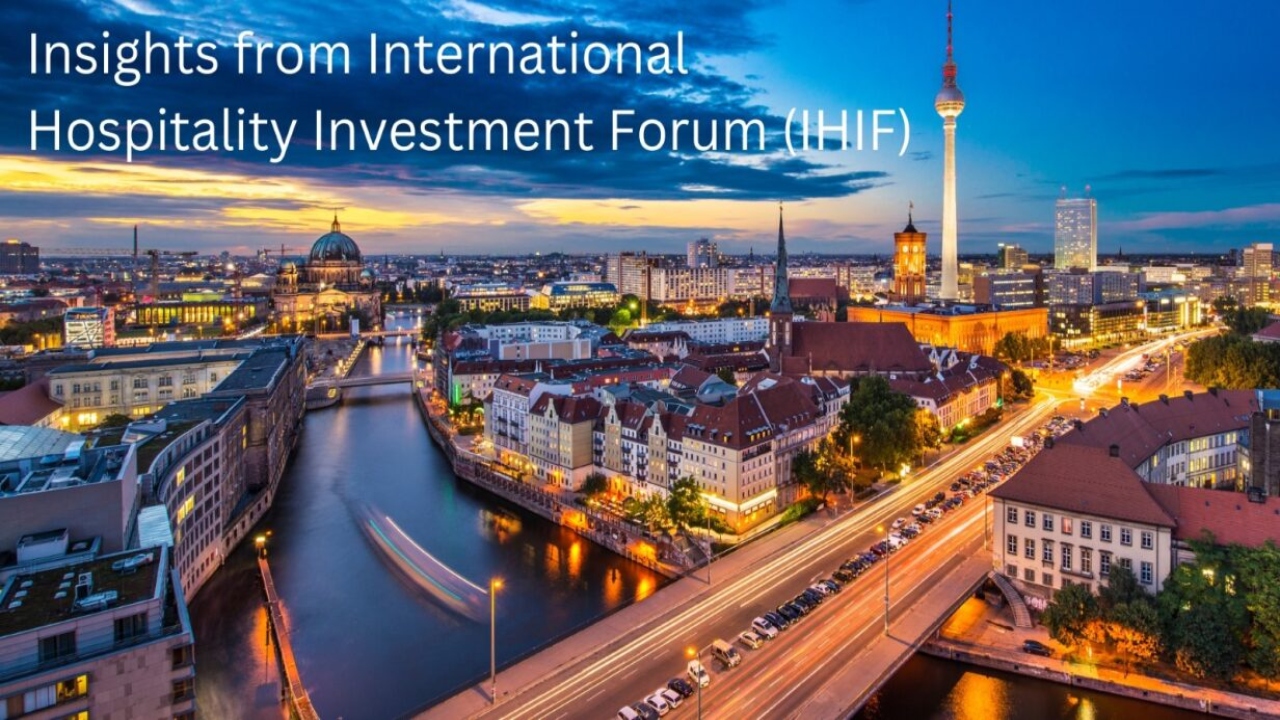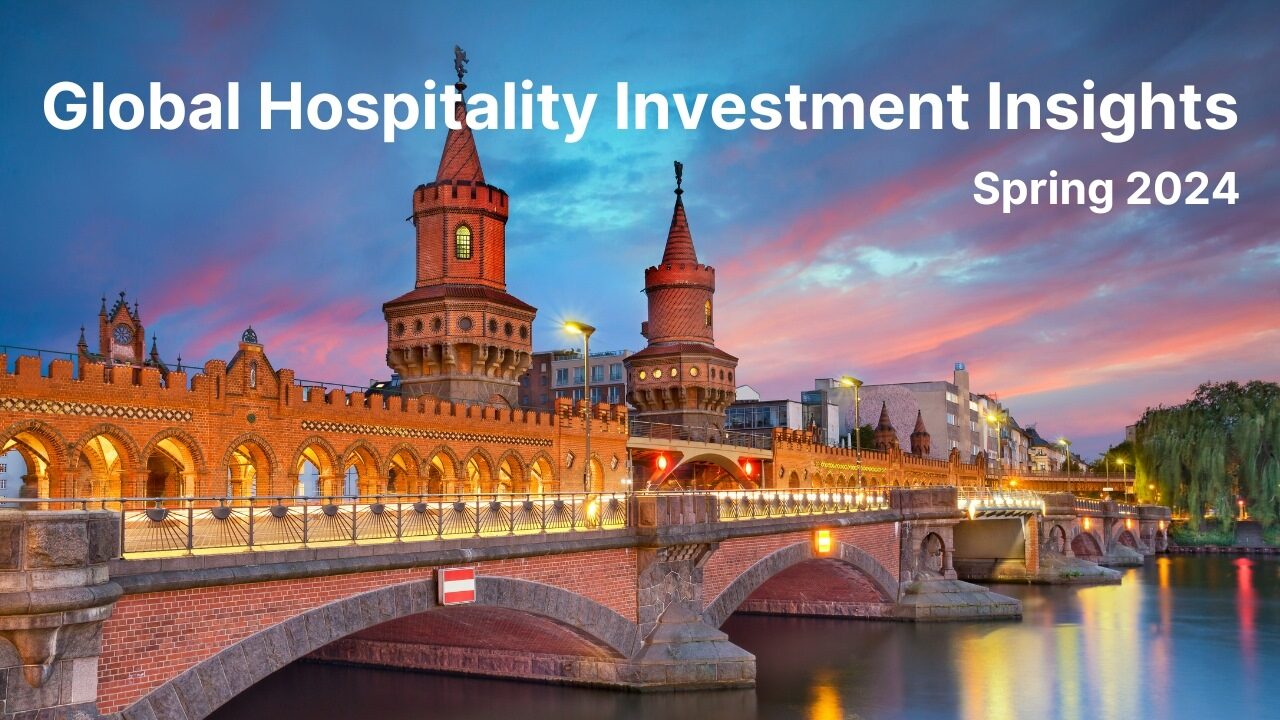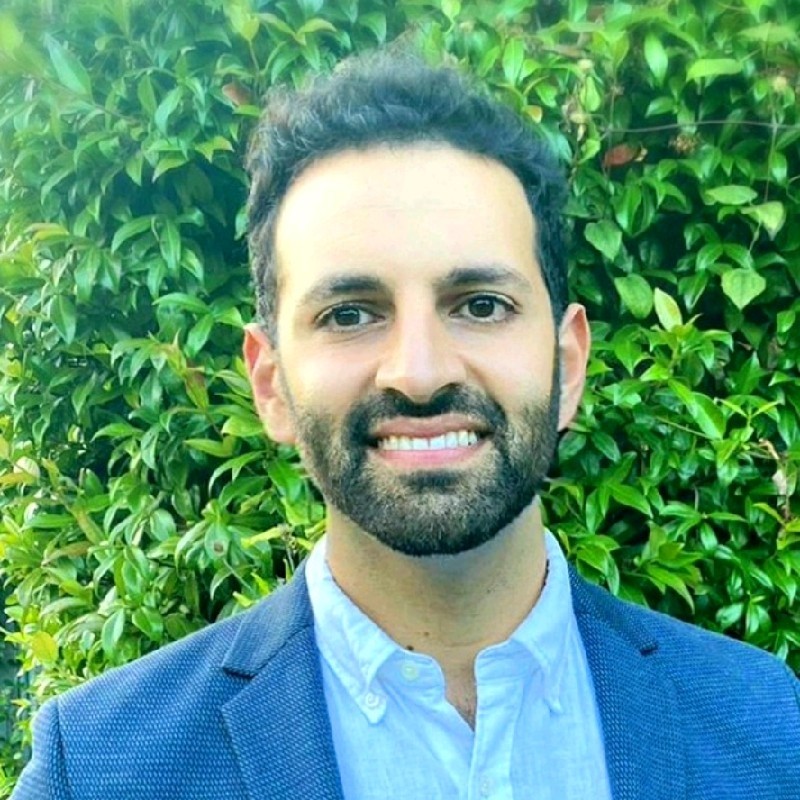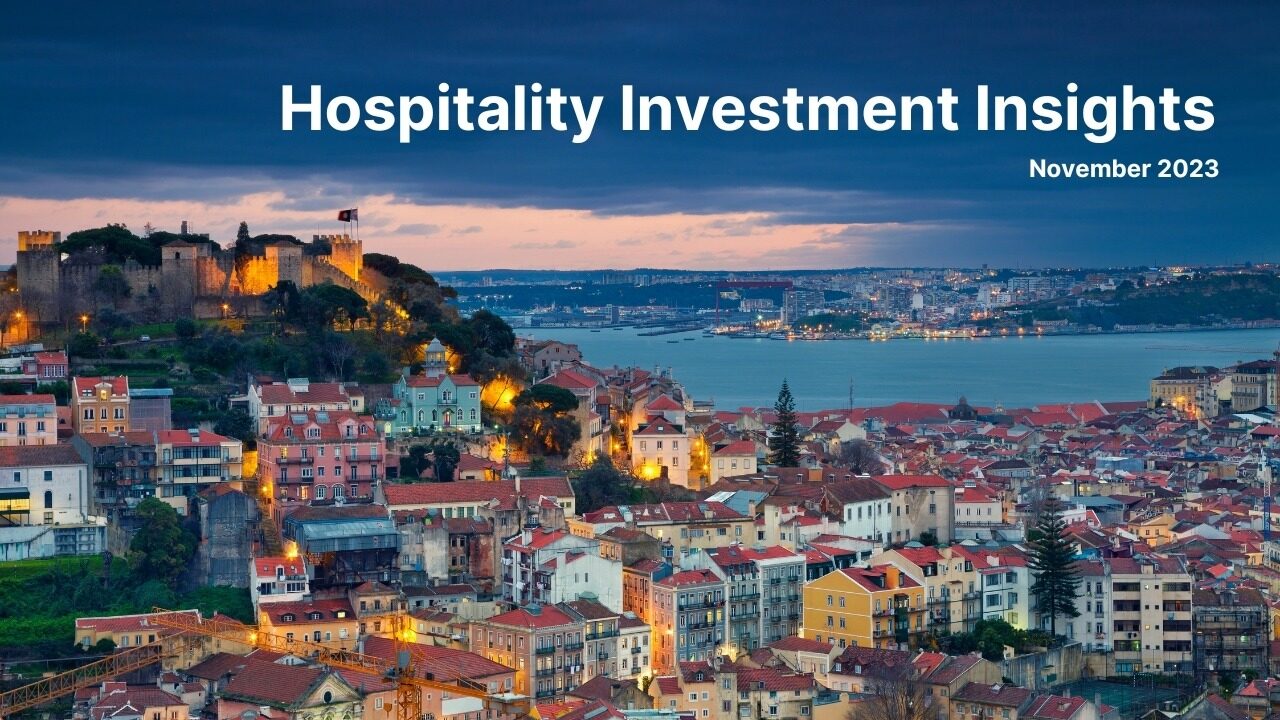From boutique hotels in London to a regional leadership role at Hilton overseeing Latin America and the Caribbean, Will Holmes has had a dynamic and wide-ranging career in hospitality development. In 2011, Hospitality People Group placed Will into his first role with Hilton, a pivotal starting point that would go on to shape a truly global trajectory. In this conversation, Will reflects on the defining moments that have influenced his leadership style, shares insights into a rapidly evolving industry, and offers advice for owners and developers looking to succeed, particularly across the Caribbean and Latin America.
Defining Moments and Leadership Growth
“I feel like there were two moments which I can say have been major milestones in my career,” Will begins. “Firstly, my decision to leave Hilton in 2017 and join Soho House. I was really enjoying my role at Hilton, but I was approached to run their European projects and it was too good an opportunity to turn down. Working for the founders of ‘lifestyle’ gave me a platform I wouldn’t have had otherwise. What I learnt during the 2.5 years there was immeasurable.”
His second defining moment came more recently. “I’d just been promoted to VP for Hilton running Northern and Western Europe when the opportunity arose to lead CALA (Caribbean and Latin America). It was a big move, as I no longer had the organisational structure above me within the Architecture, Design and Construction team. It was on me to run the region and restructure it completely. We’re now on the other side of that restructure and the team is going from strength to strength.”
Shifting Perspectives in Hospitality Development
Reflecting on how the industry has evolved, Will highlights two key shifts: “Firstly, guest expectations around design and experience have completely changed. When I started, I was fortunate to work for a design-forward developer who taught me the value design brings to spaces. But back then, big brands weren’t focused on design. Fast forward nearly 20 years, and everyone expects more.”
Secondly, he points to a shift in deal structures: “Hotel brands used to invest directly into deals, take leases, and grow cautiously. The move to franchise models and the rise of focused service and collection brands has enabled faster growth. Since Covid, the Ukraine war and inflationary pressure, we’re seeing a much bigger pivot to conversions rather than new builds due to limited debt availability.”
A Lifelong Passion for Hospitality
Will admits there was never really a Plan B: “I’ve always been interested in hospitality and particularly hotels. I remember seeing an advert for De Vere Hotels in the Daily Telegraph colour supplement when I was 14 and telling my mum that I would love to work for them. She made me write to them asking for work experience, but I never heard back. I then went to work in the kitchens of the local pub and had a ball. It all went from there.”
Lessons from Soho House
His time at Soho House left a lasting impression. “Pay attention to detail! Nick Jones was obsessive about the details, which is why he created such an incredible brand. He always put the guest first and thought about how people would use the spaces we were designing. At the time, my background had been more about efficiency and cost savings, so it gave me a totally different perspective.”
That shift in thinking has stayed with him. “We’ve spent the last two years redesigning our focused service prototypes in CALA, and I’m sure some of the learnings from Mollie’s and Soho Works helped me there.”
Opportunities and Challenges Across CALA
With a population nearing 700 million, Will sees CALA as one of Hilton’s most exciting growth markets. “The power of the Hilton engine in most markets makes an almost instant impact on bookings, especially thanks to the American traveller. There are still many markets in the region we haven’t entered yet. As the middle class continues to grow, we’ll see demand increase in secondary and tertiary cities for our focused service and collection brands.”
However, it’s not without challenges. “Brazil is one of our biggest. It operates for Brazil, and if you don’t adapt locally, there are barriers to entry that will stop growth. We’ve been adapting our practices in recent years, and it’s starting to pay off.”
Will also notes the complexities of brand translation. “Our brands are created in Virginia, and then we have to interpret how they work in the region. We’re not like Coca-Cola where the recipe is always the same. There are so many variables that it becomes a tough job for my team to ensure consistency while adapting appropriately.”
Balancing Global Standards with Local Relevance
Will expands on this delicate balance: “I’d say one of the main tools my team needs is great judgement. You can’t tell owners across the region that this is the recipe and it must be followed to the letter. But at the same time, we can’t be too relaxed on brand identity or safety and technical standards. It’s a constant negotiation.”
He adds, “We never tell an owner to comply with a brand standard ‘just because’. We explain the why – the value that adhering to certain standards brings to their project. Challenges often relate to Fire, Life & Safety, mechanical systems, IT and availability of materials.”
Measuring Success in Pipeline Growth
“To me, successful pipeline growth means two things,” Will explains. “Variety in projects, and at least 50% of the pipeline under construction.”
“Variety keeps us agile. It gives the team exposure to different workstreams, helps us refine brand requirements, and ensures we stay resilient during market fluctuations. And if more than 50% of our pipeline is under construction, it proves that our Development team is signing real deals, not just paper promises. We’re proud to have the highest percentage of deals under construction across all hotel brands.”
Looking Ahead: Key Trends in Hotel Development
Will believes the conversion market will remain strong. “Especially in developed markets. With current construction costs and higher interest rates, developments must be solid to stack up financially. I don’t see us going back to the days of ultra-low rates.”
He also predicts a continued rise in mixed-use developments. “As office and retail spaces decline, we’ll see more adaptive reuse projects converting into hotels or multi-use assets.”
And guest preferences are shifting too. “The modern traveller wants more experiences. Sophisticated wellness is a major trend – not just spas, but things like exercise classes, juice bars, cold plunge, cryotherapy, infrared saunas, red light therapy and IV drips. It’s evolving fast.”
Sustainability in CALA
Hilton is set to launch its ESG playbook for CALA later this year. “It will go deep into the opportunities that developers have when building with us,” says Will. “Our aim is to show long-term value in applying sustainable techniques and sourcing strategies to mitigate upfront cost.”
“There are many grants and schemes developers can take advantage of, but the real challenge is education. ESG is much bigger in Europe and hasn’t been prioritised in the US, so it hasn’t filtered down to Latin America as quickly as we’d like.”
Advice for Owners and Investors
“Think carefully about which brand is right for your hotel and your market. Don’t overspend to show off, but equally, don’t cut corners. Spend properly on quality installations and you’ll only spend once.”
Will is also a strong advocate for working with experienced consultants: “Good consultants more than earn their fees. The right designer and project manager with a solid brief can make the difference between success and failure. Too often, we see owners choosing friends or trying to manage the project themselves, and the project suffers.”
He adds, “Food service consultants are another area that’s often overlooked in the region. Instead, owners rely on suppliers who can draw in CAD, thinking they’re saving money. But those suppliers usually make it up on the equipment side and often don’t know how to properly plan kitchens or back-of-house.”
Will Holmes’ story is one of thoughtful leadership, strategic growth, and a deep-rooted passion for hospitality. From his first Hilton appointment in 2011, to leading development strategy across a region as culturally rich and complex as CALA, Will continues to make an impact on hospitality with a watchful eye on long-term value and an ever-constant focus on the guest experience.
If you’re looking to strengthen your people strategy or explore your next career move in hospitality, get in touch with us and we would be delighted to set up a chat.
Dan Akhtar, Managing Director – HPG Advisory Services
+44 208 600 1166 / +44 7808 157796
[email protected]









